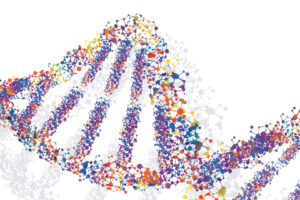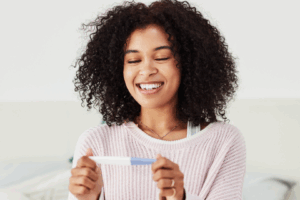Are you at high risk for developing breast cancer? A mammogram at CentraState can help you find out.
Clinicians at the Star and Barry Tobias Women’s Health Center and the Statesir Cancer Center at CentraState are working to identify women at highest risk so they can prevent breast cancer before it develops or detect the disease in its earliest, most treatable stages. “Our high-risk breast cancer program is an important part of modern breast care,” says Alexander Itskovich, MD, medical director of the Statesir Cancer Center. “We’re examining broader risk factors and using MRI for early detection, as it’s a more effective diagnostic tool for certain high-risk patients.”
The program employs the Tyrer- Cuzick risk assessment tool, which considers each patient’s family and personal health history in determining their cancer risk.
“This assessment allows clinicians to get a broader understanding of a patient’s breast cancer risk, beyond the known prevalence of cancer in the family,” says breast surgeon John Pellegrino, MD, medical director of CentraState’s Comprehensive Breast Cancer Program.
The assessment, which is completed as part of a mammogram appointment, asks about family history, surgical history, previous cancer diagnoses, hormone/contraceptive use, and age at first period and first child, for example. The lifetime risk of developing breast cancer is then calculated from the patient’s responses.
Based on the results, those considered at high risk are monitored more closely. Patients may have a consultation and exam with a breast specialist and receive a personalized care plan based on their unique needs. This may include semiannual office visits, annual breast MRI and supplemental ultrasound, and genetic testing, if a significant family history is present.
“Women at high risk need a different monitoring strategy,” says Dr. Pellegrino. “The high-risk program allows us to more easily identify these patients and offer them the personalized services they need so that we can save lives.”
To schedule a mammogram or for more information on Women’s Health at CentraState, visit centrastate.com/womenscenter or call 866-CENTRA7 (866-236-8727).





